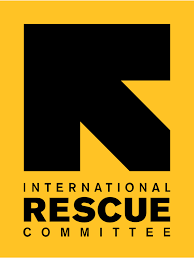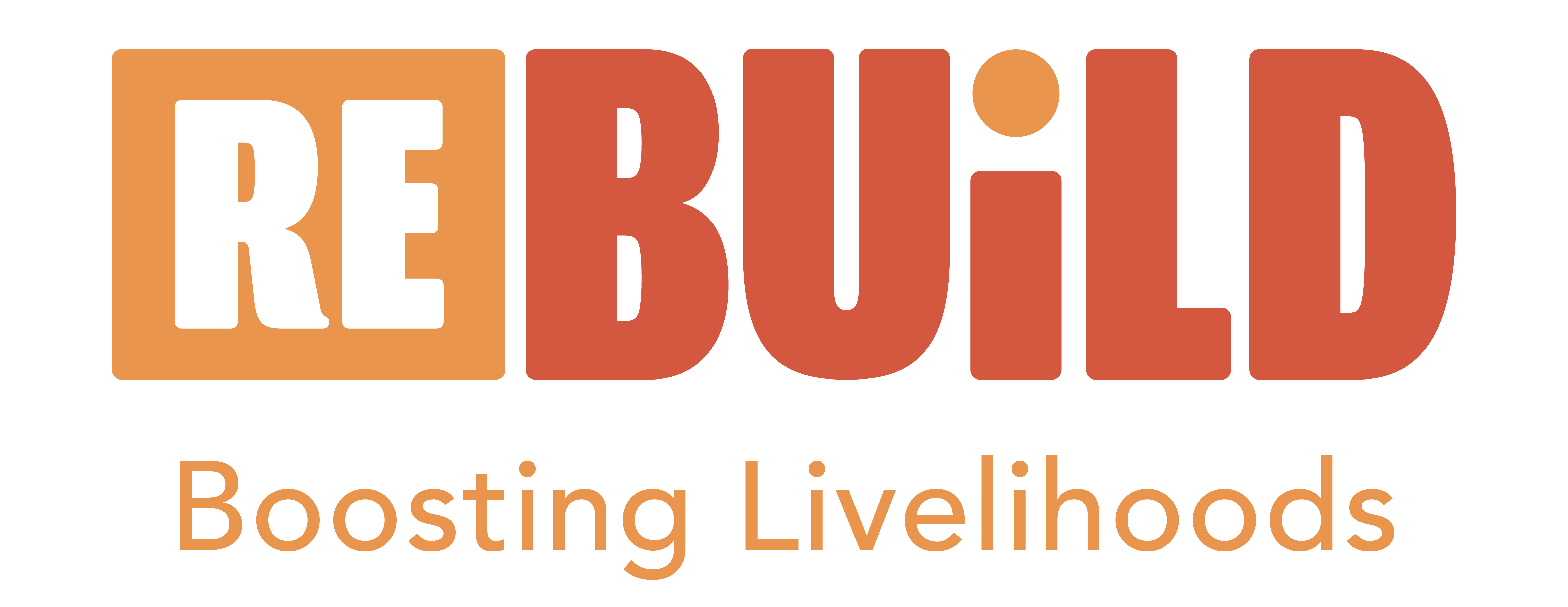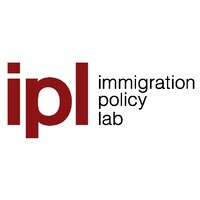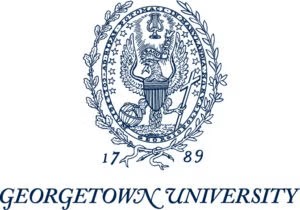How Does Building Business Networks Impact Refugee Economic and Social Integration in Kenya and Uganda?
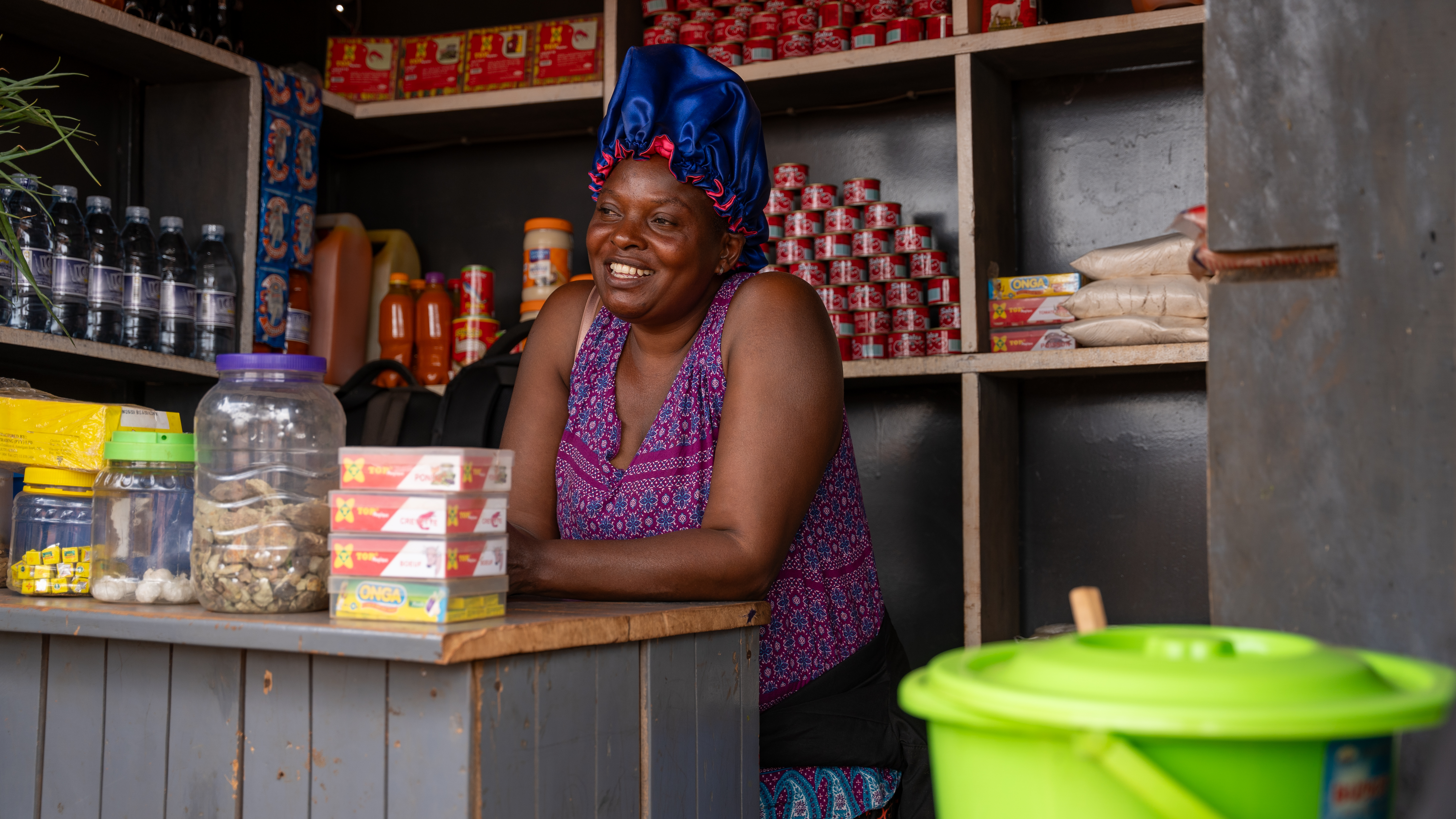
The International Rescue Committee via Re:BUiLD, in partnership with IPA Kenya, IPA Uganda, IPL, Georgetown University, and Makerere University is conducting a randomized evaluation of a business groups program to assess how building different kinds of business networks impacts refugees' entrepreneurial activities and social cohesion between refugees and vulnerable host community members.
Many urban refugees in low- and middle-income countries face significant barriers to integrating into host country labor markets, notably the lack of personal and professional networks that can help them launch, sustain, and expand businesses and access other livelihood opportunities.1 This is the case in Kenya and Uganda, which have a history of hosting refugees from surrounding countries but also have distinct laws for refugees regarding the ability to work and live in cities.2 Notably, in both countries, some refugee populations have deep pre-existing ties and networks with co-nationals, while others have broader ties and networks, which can lead to different levels of economic and social integration.3
The IRC in collaboration with IPA Kenya, IPA Uganda, and researchers are conducting a randomized evaluation to assess how building different kinds of business networks impact refugees’ entrepreneurial activities and social cohesion between refugees and hosts. They are focusing on refugees’ and hosts’ professional connections, business outcomes, psychological and social wellbeing, and approaches to information sharing. The intervention involves 8,000 refugees and host community entrepreneurs in Nairobi and Kampala—4,000 in each city—over 10 weeks.
The participants are being randomly assigned to one of six groups. Four groups are participating in a business networking program in which members of either the same or mixed nationalities develop either broad ("weak") or deep ("strong") ties with each other. Participants in each group also receive a business grant of 410 Euros (USD 456) after seven weeks. The remaining two groups are receiving only the business grant; one is receiving it after seven weeks while the other is receiving it after the intervention and serving as a comparison group.
Results will be available in 2026.
The International Rescue Committee, through the Re:BUiLD program, and research partners Stanford University’s Immigration Policy Lab (IPL), Georgetown University, Makerere University and IPA are collaborating on this evaluation. All content in this summary is the sole responsibility of the authors.
Sources
1. Peitz, Laura, Ghassan Baliki, Neil TN Ferguson, and Tilman Brück. 2023. "Do Work Permits Work? The Impacts of Formal Labor Market Integration of Syrian Refugees in Jordan." Journal of Refugee Studies 36, no. 4, 955-983;
Seyfert, Karin, and Héctor Alonso. 2023. "Social protection for refugees and migrants: Examining access to benefits and labour market interventions." International Social Security Review 76, no. 4, 23-43.
2. European Civil Protection and Humanitarian Aid Operations, “A welcoming haven for those fleeing strife and insecurity: Uganda’s unique refugee policy,” European Civil Protection and Humanitarian Aid Operations, March 20, 2024, https://civil-protection-humanitarian-aid.ec.europa.eu/news-stories/stories/welcoming-haven-those-fleeing-strife-and-insecurity-ugandas-unique-refugee-policy_en#
Halakhe, Abdullahi Boru, Allan Mukuki, and David Kitenge, “The New Refugee Act in Kenya and What it Means for Refugees,” Refugees International, June 3, 2024, https://www.refugeesinternational.org/perspectives-and-commentaries/the-new-refugee-act-in-kenya-and-what-it-means-for-refugees/
3. Martén, Linna, Jens Hainmueller, and Dominik Hangartner. 2019. "Ethnic networks can foster the economic integration of refugees." Proceedings of the National Academy of Sciences 116, no. 33,16280-16285.












